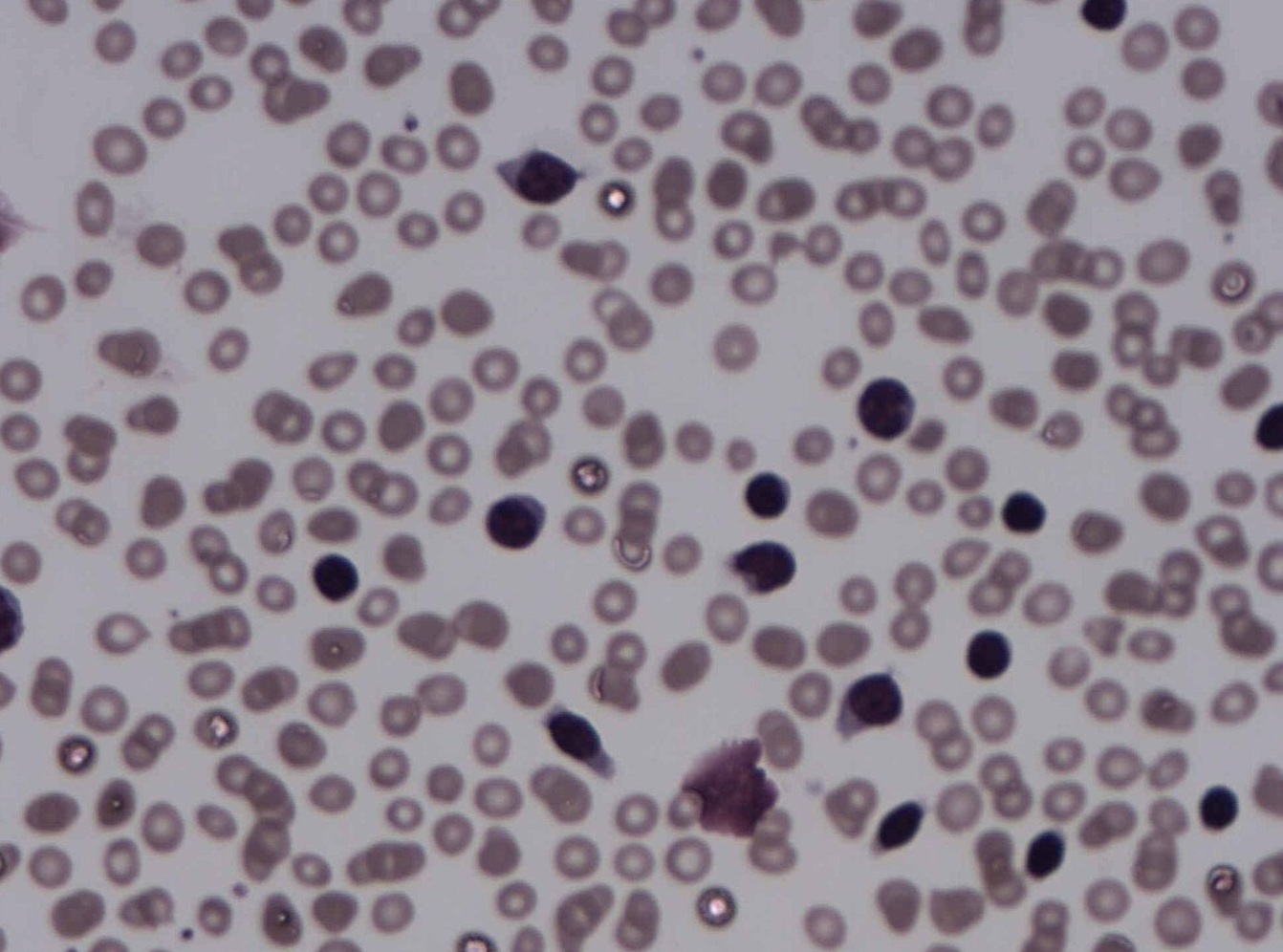
AstraZeneca has announced Calquence (acalabrutinib) reached both its primary and secondary endpoints in chronic lymphocytic leukaemia (CLL).
In preliminary analysis of the Phase III ELEVATE-TN trial Calquence in combination with obinutuzumab caused a statistically significant and clinically meaningful improvement in progression-free survival (PFS), compared to a chemotherapy combination of chlorambucil and obinutuzumab; this was the primary endpoint of the study.

Discover B2B Marketing That Performs
Combine business intelligence and editorial excellence to reach engaged professionals across 36 leading media platforms.
The drug also reached its secondary endpoint; it demonstrated a statistically significant and clinically meaningful improvement in PFS as a monotherapy compared to the same chemotherapy combination.
Calquence’s safety and tolerability in the ELEVATE-TN trial was consistent with the rest of the drug’s clinical development programme. Full results from the trial will be presented at an upcoming investor meeting.
AstraZeneca Oncology R&D executive vice-president José Baselga said: “These findings confirm the superiority of Calquenceas a monotherapy and also in combination over standard-of-care treatments for chronic lymphocytic leukaemia.
“The positive results from both the ELEVATE-TN and ASCEND trials will serve as the foundation for regulatory submissions later this year.”

US Tariffs are shifting - will you react or anticipate?
Don’t let policy changes catch you off guard. Stay proactive with real-time data and expert analysis.
By GlobalDataCalquence also met its primary endpoint early in the ASCEND trial, results of which were announced in May. In the ASCEND study Calquence was compared to a combination regimen of rituximab plus physician’s choice of idelalisib or bendamustine.
AstraZeneca’s drug showed a statistically-significant and clinically-meaningful improvement in PFS.
In a third ongoing Phase III trial, ELEVATE-RR, Calquence is being investigated in combination with venetoclax in patients with previously-untreated CLL without 17p deletion or TP53 mutation.
Calquence, which is an inhibitor of Bruton tyrosine kinase (BTK), the enzyme that activates B-cells proliferation, trafficking, chemotaxis and adhesion.
The drug is being investigated for a range of B-cell blood cancers, such as diffuse large B-cell lymphoma, Waldenstrom macroglobulinaemia, follicular lymphoma, and multiple myeloma; it has already been approved for relapsed or refractory mantle cell lymphoma in the US, Brazil, the UAE, and Qatar.




